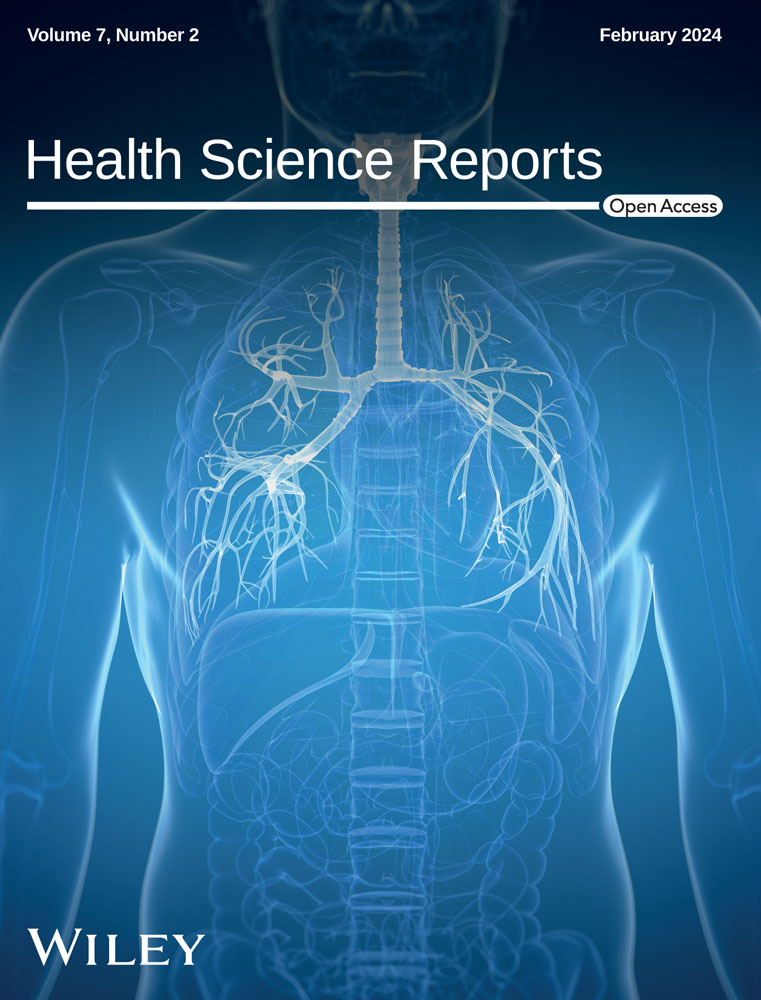Online versus in-person surgical near-peer teaching in undergraduate medical education during the COVID-19 pandemic: A mixed-methods study
Priyanka Iyer and Valerie Mok contributed equally to this study.
Abstract
Background and Aims
The coronavirus disease 2019 (COVID-19) pandemic stimulated a paradigm shift in medical and surgical education from in-person teaching to online teaching. It is unclear whether an in-person or online approach to surgical teaching for medical students is superior. We aim to compare the outcomes of in-person versus online surgical teaching in generating interest in and improving knowledge of surgery in medical students. We also aim the quantify the impact of a peer-run surgical teaching course.
Methods
A six-session course was developed by medical students and covered various introductory surgical topics. The first iteration was offered online to 70 UK medical students in March 2021, and the second iteration was in-person for 20 students in November 2021. Objective and subjective knowledge was assessed through questionnaires before and after each session, and also for the entire course. Data were analyzed from this mixed-methods study to compare the impact of online versus in-person teaching on surgical knowledge and engagement.
Results
Students in both iterations showed significant improvement of 33%–282% across the six sessions in knowledge and confidence after completing the course (p < 0.001). There was no significant difference in the level of objective knowledge, enjoyment, or organization of the course between online and in-person groups, although the in-person course was rated as more engaging (mean Likert score 9.1 vs. 9.7, p = 0.033).
Discussion
Similar objective and subjective surgical teaching outcomes were achieved in both iterations, including in “hands-on” topics such as suturing, gowning, and gloving. Students who completed the online course did not have any lower knowledge or confidence in their surgical skills; however, the in-person course was reported to be more engaging. Surgical teaching online and in-person may be similarly effective and can be delivered according to what is most convenient for the circumstances, such as in COVID-19.
CONFLICT OF INTEREST STATEMENT
Prokar Dasgupta is affiliated with Proximie and MysteryVibe. The remaining authors declare no conflict of interest.
Open Research
DATA AVAILABILITY STATEMENT
The data that support the findings of this study are available from the corresponding author upon reasonable request.




